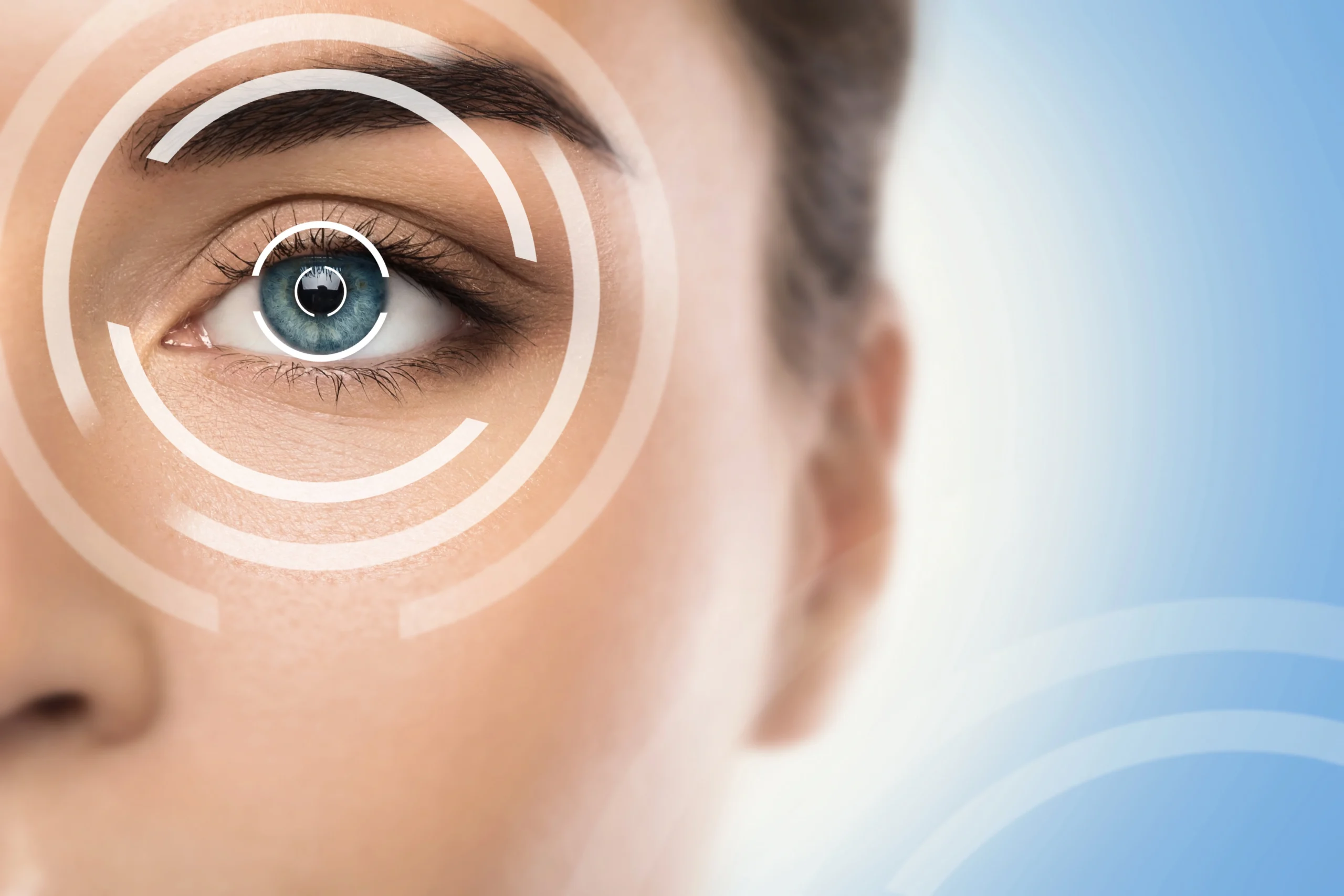In the tapestry of life, our eyes are the threads that weave the colors and shapes of our world. However, just like any masterpiece, they can be subject to wear and tear over time. One such challenge many face is macular degeneration, a condition that can dim the vibrant hues of our vision. But fear not, for knowledge is the beacon that guides us through the darkest of paths. Let us embark on a journey to illuminate the early signs and symptoms of macular degeneration and unveil the key to preserving the precious gift of sight.
What is Macular Degeneration?
Before we delve into the intricate details, let’s grasp the essence of macular degeneration. It’s a progressive eye condition that affects the macula, a small but crucial part of the retina responsible for sharp, central vision. This condition manifests in various forms, each with its characteristics and implications.
Ah, the passage of time, a relentless force that leaves its mark on everything it touches. As the name suggests, age-related macular degeneration is predominantly linked to aging. It’s the most common form of macular degeneration and tends to affect individuals over 50. The gradual deterioration of the macula can blur central vision, making activities like reading or recognizing faces challenging.
Dry Macular Degeneration: The Silent Eroder
Picture this: a parched desert landscape where every drop of moisture is a precious gem. Dry macular degeneration mirrors this arid terrain, characterized by the accumulation of drusen—tiny yellow deposits beneath the retina. Initially, this form may not present noticeable symptoms, earning the moniker “dry.” However, central vision may gradually diminish as the condition progresses, leaving behind a hazy vista.
Wet Macular Degeneration: A Storm on the Horizon
Unlike its dry counterpart, wet macular degeneration resembles a tempest brewing beneath the surface. It occurs when abnormal blood vessels form beneath the retina and leak fluid or blood, causing rapid and severe central vision loss. Unlike dry AMD, wet AMD demands immediate attention due to its aggressive nature. Prompt diagnosis and intervention are vital in mitigating its impact and preserving vision.
The Beacon of Awareness: Early Signs and Symptoms
Now that we’ve acquainted ourselves with the landscape of macular degeneration, let’s examine the early signs and symptoms that warrant our vigilance.
- Blurred or Distorted Vision: Have you noticed straight lines appearing wavy or objects appearing blurry, especially in your central vision? These distortions could signal the onset of macular degeneration.
- Difficulty Reading or Recognizing Faces: Do words on a page seem increasingly challenging to decipher, or do familiar faces blur into anonymity? Such difficulties in central vision could indicate a decline in macular health.
- Dark or Empty Areas in Vision: Imagine peering through a window with patches of darkness obscuring the view. Dark or empty spots in your central vision may indicate damage to the macula, warranting a closer examination.
- Changes in Color Perception: Has the vibrancy of colors dulled, or do certain hues appear faded or washed out? Changes in color perception can indicate macular degeneration affecting the cones—the cells responsible for color vision—in the retina.
- Decreased Contrast Sensitivity: Are you finding it more challenging to distinguish between objects of similar shades, particularly in low-light conditions? Decreased contrast sensitivity, a common early sign of macular degeneration, can make discerning details daunting.
Benefits of Early Detection and Treatment
In the realm of macular degeneration, knowledge truly is power. By recognizing the early signs and symptoms, we empower ourselves to take proactive steps toward preserving our vision. Early detection allows for timely intervention, maximizing the effectiveness of treatment strategies and minimizing the risk of irreversible vision loss.
Macular Degeneration Treatment: Shedding Light on Hope
In the face of adversity, hope emerges as our staunchest ally. While macular degeneration poses a formidable challenge, advances in medical science have heralded many treatment options to slow its progression and preserve vision.
- Lifestyle Modifications: Simple yet impactful lifestyle changes can profoundly influence the course of macular degeneration. From adopting a nutrient-rich diet to avoiding smoking and protecting your eyes from harmful UV rays, small adjustments can yield significant benefits.
- Anti-VEGF Therapy: Anti-VEGF (vascular endothelial growth factor) therapy stands as a beacon of hope for individuals diagnosed with wet macular degeneration. Targeting the underlying cause of abnormal blood vessel growth, these medications help suppress leakage and reduce the risk of vision loss.
- Photodynamic Therapy (PDT): In select cases of wet macular degeneration, photodynamic therapy offers a targeted approach to combating abnormal blood vessel formation. By combining light-activated medication with laser treatment, PDT selectively destroys problematic vessels while minimizing damage to surrounding tissue.
- Nutritional Supplements: Like any intricate machinery, the eyes thrive on a balanced diet rich in essential nutrients. Supplements containing vitamins C and E, zinc, copper, and antioxidants such as lutein and zeaxanthin have been shown to support macular health and potentially slow the progression of AMD.
- Emerging Therapies: As science and technology advance, the landscape of macular degeneration treatment constantly evolves. Emerging therapies promise to revolutionize how we approach this condition, ushering in a new era of hope and possibility. From gene therapy aimed at correcting underlying genetic mutations to stem cell therapy harnessing the regenerative potential of our cells, these cutting-edge interventions hold the key to unlocking novel avenues for preserving vision.
- Low Vision Rehabilitation: If macular degeneration has already caused significant vision loss, low vision rehabilitation serves as a beacon of empowerment. Through a holistic approach encompassing vision aids, adaptive technologies, and specialized training, individuals can learn to maximize their remaining vision and regain independence in daily activities. From magnifiers and telescopic lenses to smartphone apps and voice-activated devices, the arsenal of tools at our disposal continues to expand, offering newfound freedom and autonomy.
Takeaway:
So why start managing the health of your vision today? Make an appointment at Eyecare on the Square right now to start your path to comfort, clarity, and mental tranquility. We’ll light the way together to a better tomorrow when the colors of your world sparkle with unending brilliance and the magnificence of your life’s tapestry is revealed. Trust Eyecare on the Square to be your beacon of hope for macular degeneration. Because when it comes to your vision, every step forward is a step towards a brighter future.

